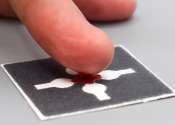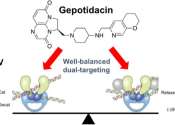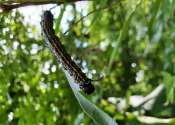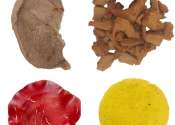Blood, sweat, and water: New paper analytical devices easily track health and environment
When you need to measure white blood cell counts, it usually involves trips to clinics and expensive equipment for analysis. Likewise, checking water quality for contaminants can be a lengthy process.









